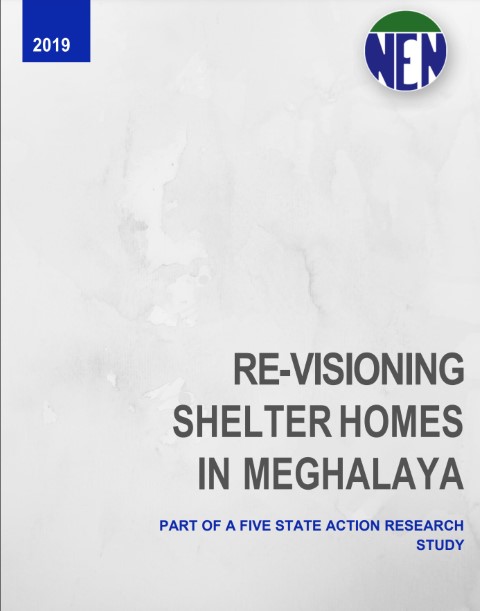The state of Meghalaya covers an area of approximately 22429 s1 square kilometres and is located at the foothills of the Himalayas. The population of the State, in the year 2018, as per estimated data is 3.536 Million.2The state is home to the Khasi, Jaintia and Garo tribes where women make up to about 49percent[1] of the total population.
According to the Meghalaya Human Development Report (2008), women in Meghalaya are better placed compared to their counterparts in the patrilineal societies. Here women inherit their parents’ property – acquired and ancestral, women get the better share as the custodians of property and the keeper of the home and hearth. For women coming from poor or landless families however, these property rights are meaningless. Their responsibilities however, are no less than their landed counterparts.
When it comes to public life, the mindset and long-held biases and attitudes against women still pose a major obstacle for them to enter electoral politics. Authority in its real sense is the exclusive domain of men evident in the running of the local administration. Women have rights over their children by dint of the matronymic principle. They do enjoy property rights, but in most matrilineal societies the men exert control over their sister’s or niece’s property. Generally, the public-domain is directly under the man’s control, but men succeed to traditional political offices via the female line, i.e., brother to sister’s son or sister daughter’s son.



